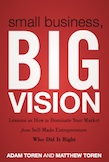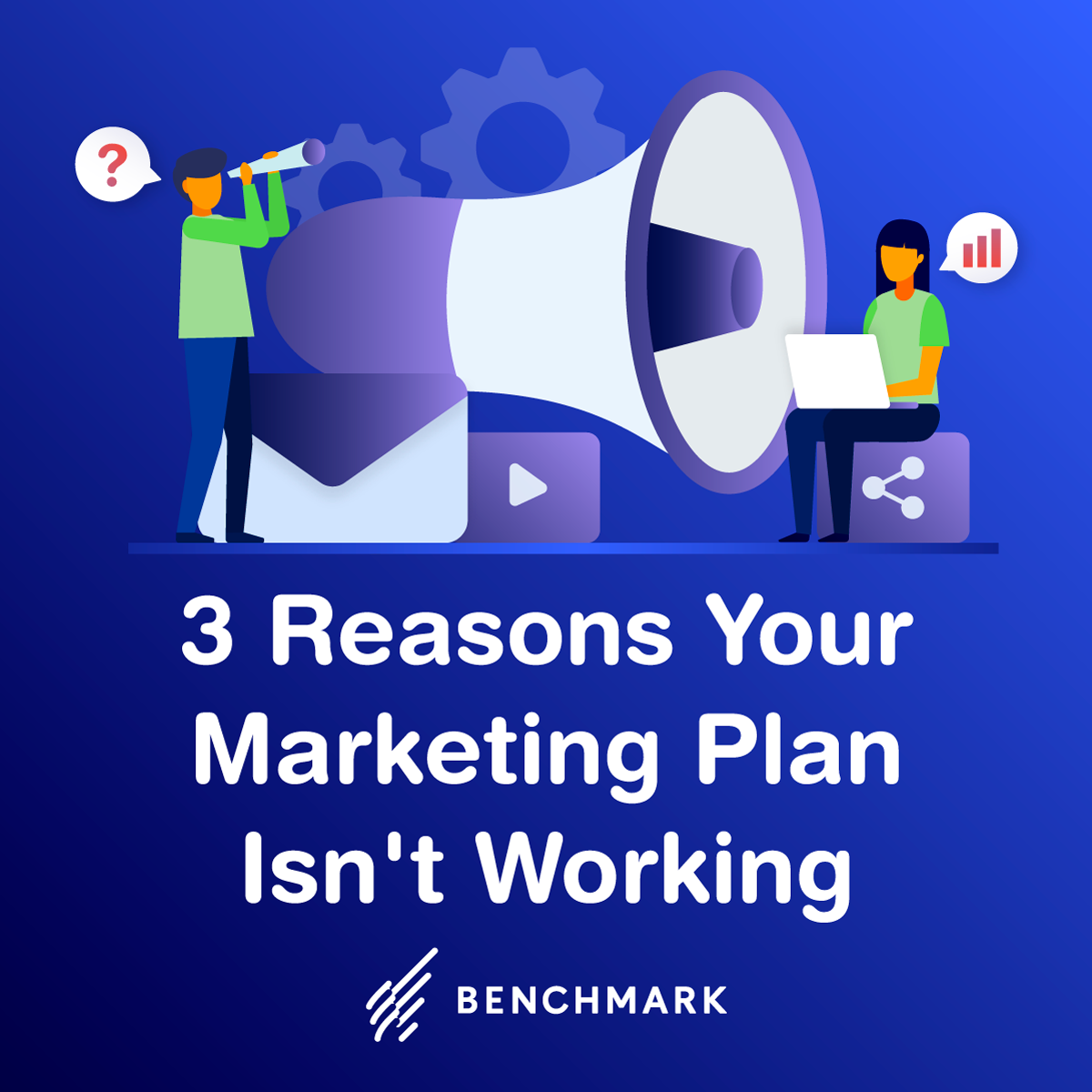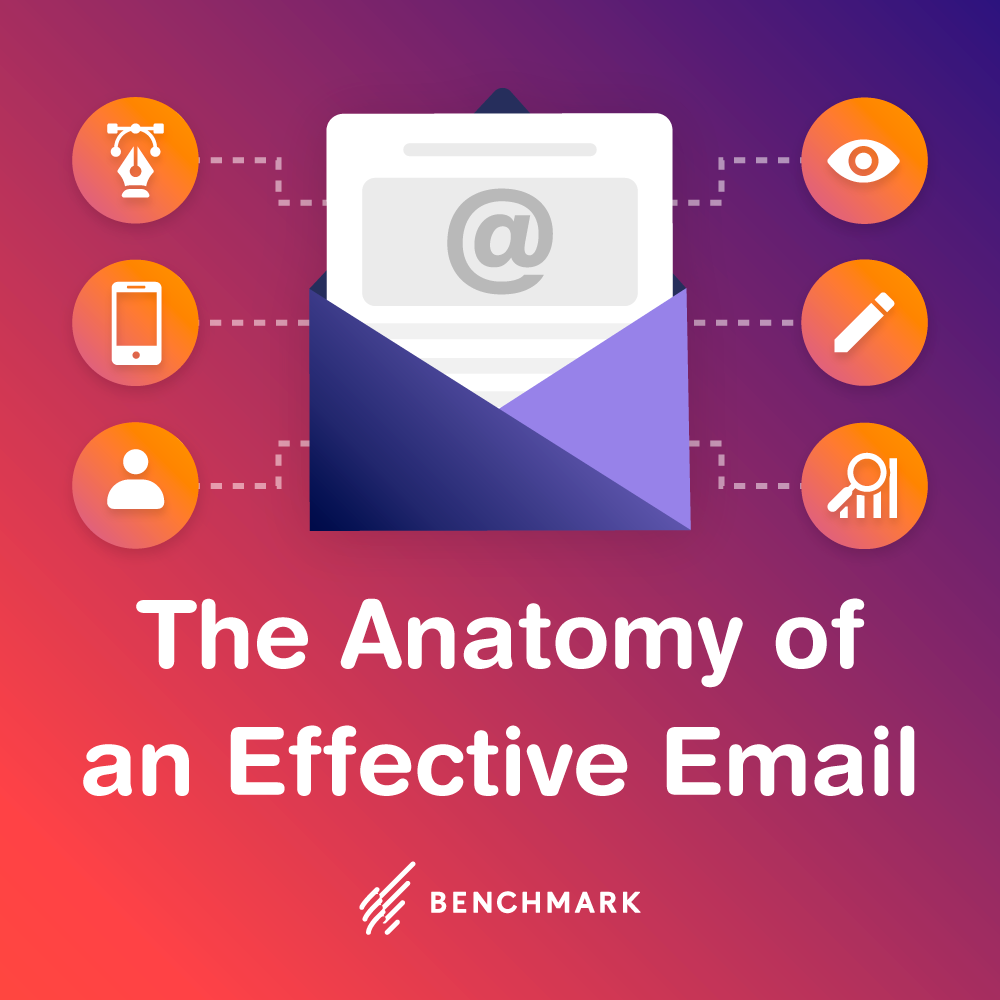

When entrepreneur brothers Adam and Matthew Toren set out to write their book, Small Business, Big Vision: Lessons on How to Dominate Your Market from Self-Made Entrepreneurs Who Did It Right, they could have easily stayed in the comfortable business advice echo chamber we’re all familiar with. Instead they made a run for it, and their book of fresh-yet-practical advice on building a business proves that their risk is our gain.
Creating a vision for your business is the name of the game here, but that’s just the starting point. Using real stories from successful entrepreneurs to back up their advice, along with conversational, straightforward writing, the Torens cover lots of ground, and here are some of the topics you’ll see in their book:
Investors: Early on or Down the Line?
Most aspiring entrepreneurs aim for investment cash to fund an office, hire employees and buy equipment. It makes sense: who wants to spend their own nest egg to get things rolling?
But what if you could survive without these things, even in the very beginning?
According to the Torens, succeeding often means waving off the old rule that getting investors early on is a no-brainer. The Torens deliver a robust breakdown that explains why a venture should start off as austere as possible, and investors should come in later, when a business is kicking butt.
How Not to Get Burned by Outsourcing
The Torens also take on outsourcing, from the pros and cons of using someone who not only never visits your office, but exists only in an email and Skype world. The book lays out the pros and cons of having employees vs. using contractors, and makes a compelling argument for hiring freelancers to work remotely.
The writers understand that there’s a treasure trove of benefits to finding an outsider who not only does fantastic work, but saves money by charging less for services. If you’re not sure where to find someone trustworthy, the Torens provide solid resources at the back of the book.
Your Business Is Flatlining: What to Do Next?
When most books cover the exuberant highs of running your own shop, few tackle what to do when a business fails. The truth is, even armed with a brilliant vision and an excellent, focused strategy, there’s still that risk that your business will never catch on, and you’ll face an ever-dwindling stash of cash.
The Torens not only address this dire scenario, but list some very insightful and realistic things you can do to possibly save your business, from bringing on an expert to doing an in-depth reevaluation of every facet of your startup.
With so much material backed up by real-life examples from entrepreneurs, Small Business, Big Vision is a must for laying the framework for a new or existing business. For years, the Torens have been top consultants and mentors for small businesses the world over, and their impressive skills show in the pages of this quick-read book.




